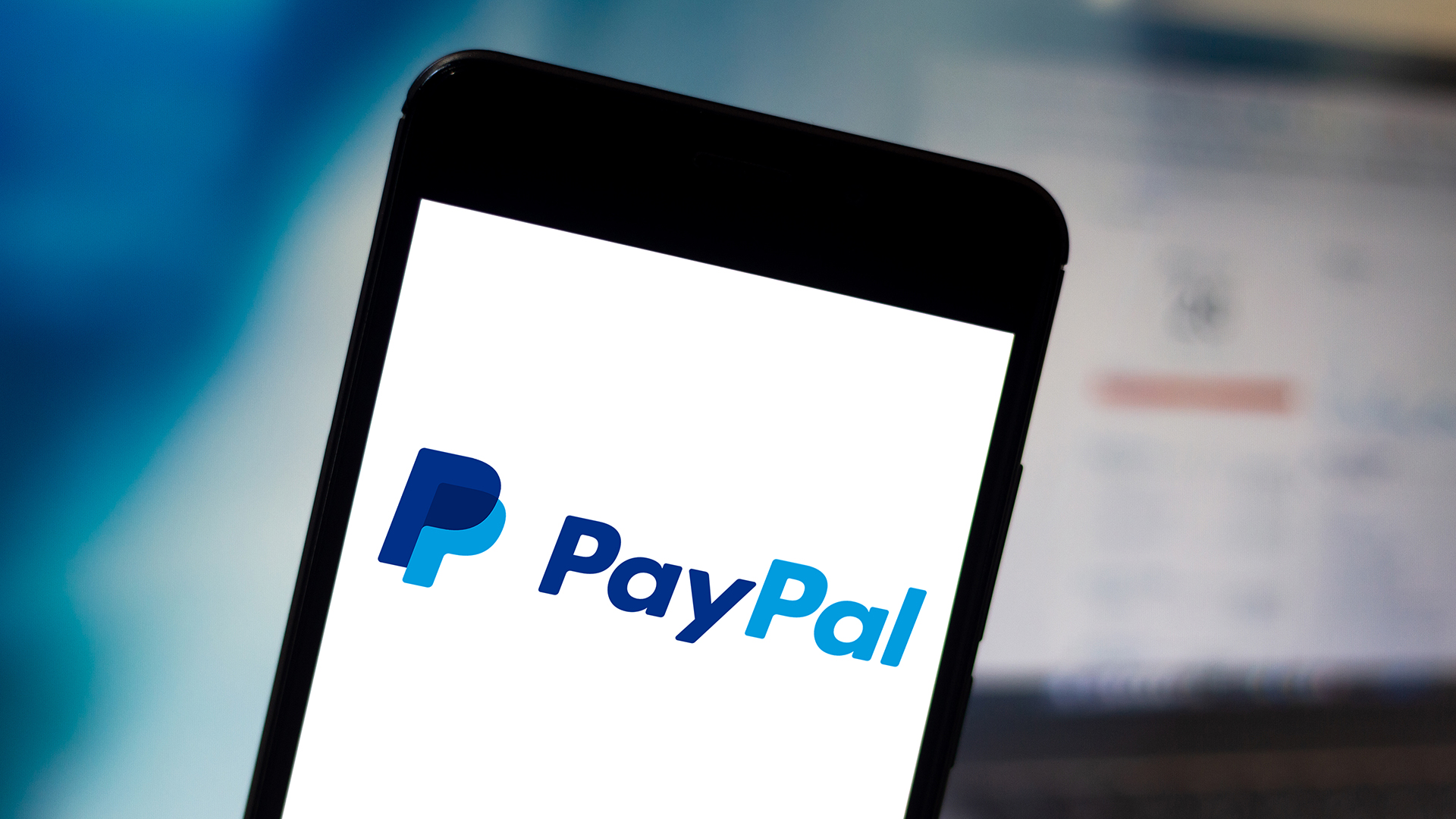Symbian Throws Down The Gauntlet At Android
Analyst Opinion - Symbian today announced that it is essentially changing its stripes.

First, Nokia is buying the remaining percentage of Symbian it does not already own (it has essentially had controlling interest of Symbian for several years). This will be completed in the second half of 2008. Nokia will then transfer the Symbian assets, together with its own enhancements of the Symbian OS (Nokia’s S 60 platform) to a newly created Symbian Foundation, to be established in early 2009, and open to membership by anyone with a relatively trivial $1500 per year membership fee. The foundation will consist of founding members who may also contribute assets (e.g., Motorola, Sony Ericson and its UIQ platform, NTT Docomo and its MOAP platform, Samsung, LG, AT&T, Vodafone, TI, STMicroelectronics). The initial product offered by the foundation will be the combined code assets of all the contributors, which will be available in H1 2009. The Foundation will then consolidate all of the various code components into a single unified platform consisting of apps, UI, runtime, middleware, OS and tools/SDK. This will be available in H1 2010 under an open source Eclipse Public License, assuming all the integration work goes to plan and is released on schedule (many large integration projects do not meet their initial schedules).
There is no question that this is a direct challenge to Android and its open source roots. Given that a number of platform companies who are founders of the Symbian Foundation are also part of Google’s Android program (e.g., Motorola, Samsung), it will be interesting to see if the commitment to Android remains as firm as when Android was first announced and hailed as the next great hope for mobile devices. Android is rumored to have slipped past its original delivery data, and I would not be surprised to see it slip out past the end of 2008 and into 2009 (Google is finding it’s not an easy task building a robust and feature rich mobile OS). I suspect many of the members of Android who joined in this effort are hedging their bets. Symbian is a known entity and currently powers the majority of smart phone devices in the marketplace. It is nearly always easier to start from something you know and change it (Symbian), then to start from scratch (Android). And Nokia has decided that its future is not in maintaining a unique device OS/platform, but in services and offerings that set it apart in the marketplace. The effort to maintain S 60 long term was not worth the investment (now if Nokia would only make a similar move and decide not to create its own unique chipsets for its devices - but that’s another issue).
This move will have major impact on other players in the market as well. First, it will affect those platforms looking at Linux as a way to obtain a royalty-free OS to create customized, low cost devices for emerging markets. As the Symbian Foundation moves to a royalty free model, the advantages of Linux become much less clear. This will also have a major impact on Microsoft and its Windows Mobile OS. It may be difficult for Microsoft to continue to justify its relatively high license fees for an OS that competes with a fully featured one that is offered for free.
While I do not expect Windows Mobile to simply fade away, I do expect that ultimately Microsoft will have to be more competitive (i.e., free or close to free) if it wants to remain a major factor in the wider mobile device platform marketplace. It will have to make its revenues on applications and services instead. The affect on RIM will be much less, as it does not license its BlackBerry OS to other manufacturers, and as such, will not be impacted by a royalty free model, although it will obviously have to compete on features and functions as it attempts to broaden its audience beyond its traditional business user base. Finally, the impact on Apple will be small initially as Apple users are very loyal. But as equivalent features and functions get added to Symbian powered devices and the market for devices and solutions providers expands, there is no doubt this will have an impact on the iPhone.
I expect this move to ultimately have a profound impact on the mobile device market. Making Symbian Open Source will drive increased levels of development and enhancements, while at the same time lowering the cost of devices by eliminating OS licensing fees. It will also enable increased levels of application deployment, as a wider, compatible device market makes it more attractive for app developers to launch new capabilities while not having to support the zillions of unique platforms prevalent in today’s marketplace. It will also provide a level of consolidation that is necessary to expand the market (although many decry the monopoly Microsoft has created in the PC space, it was this very monopoly that expanded the market and created massive opportunities for solution vendors through the economics of scale). Finally, it will provide enterprise users with a way to extend their applications to mobile devices more effectively by consolidating the number of platforms they must support, even though many have tried to standardize in the past only to be thwarted by the latest device that caught the eye of the CxO and brought into the organization with the command to make it work.
However, it is important to note, that all of this is predicated on the Symbian Foundation meeting its objectives in a timely and credible fashion. That, of course, remains to be seen. I do not expect this to be an easy transition, but ultimately it is one that needs to be made and will be good for the mobile marketplace.
J.Gold Associates is an industry analyst firm following the wireless and mobile markets, and located in Northborough, MA.
Get instant access to breaking news, the hottest reviews, great deals and helpful tips.

Tom's Guide upgrades your life by helping you decide what products to buy, finding the best deals and showing you how to get the most out of them and solving problems as they arise. Tom's Guide is here to help you accomplish your goals, find great products without the hassle, get the best deals, discover things others don’t want you to know and save time when problems arise. Visit the About Tom's Guide page for more information and to find out how we test products.
